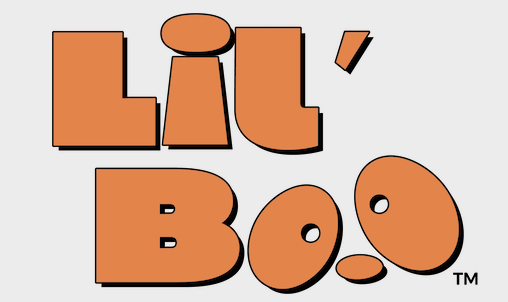We all want to raise healthy children, and leave our children the legacy of a healthy planet. As we move along our parenting journeys, some of the simplest choices – including our choice of baby wipes – can have a cumulative impact that benefits our little ones far beyond their diaper years. While almost all baby wipes are built for convenience, for too many, that convenience comes at the cost of excess waste – more than 100 million wipes a year across hundreds of thousands of families. Fortunately, more and more families are beginning to choose safe, biodegradable wipe options for their little ones. Let’s explore why making this switch not only benefits your baby’s skin but also contributes to a healthier planet.
How Long Do “Normal” Baby Wipes Take to Decompose?
Conventional baby wipes are primarily made from polyester, polypropylene, cotton, wood pulp, or a combination of these materials. While they offer convenience, their environmental impact is far-reaching. Most conventional wipes are not biodegradable, leading to significant waste accumulation. These wipes can take up to 100 years to decompose in landfills, and are not compostable at home. When improperly disposed of, they can also cause blockages in sewage systems and pollution in waterways.
The Benefits of Bamboo-Based Wipes for the Planet and Your Baby
Bamboo, a highly renewable resource, offers an eco-friendly solution. Bamboo grows rapidly, uses comparatively little water, requires no fertilizer or pesticides, and releases more oxygen into the atmosphere compared to equivalent tree masses. Bamboo is also soft (hence its popularity for pillowcases and sheets), and provides a gentle, natural option for cleaning delicate skin. And of course, the most significant advantage of bamboo-based baby wipes is their biodegradability.

